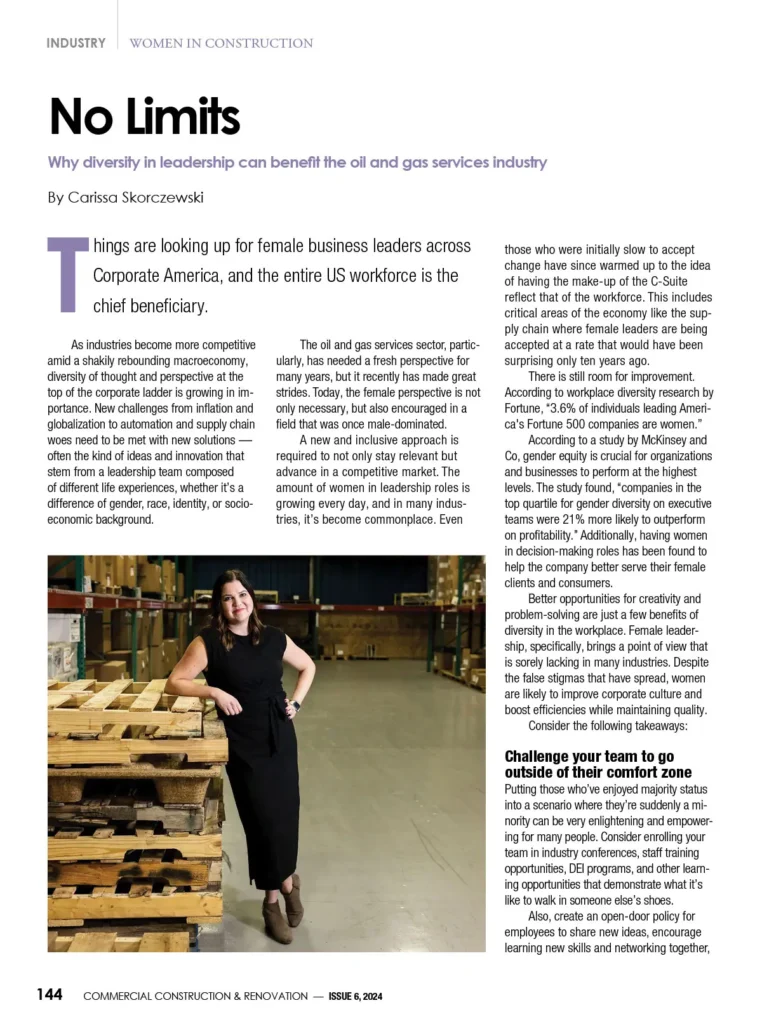As technology rapidly advances, every field and industry must continually adapt. Whether you presently work as an accountant or aspire towards this profession, mastering evolving technological advancements in the field is not just a vital career step but also a powerful tool that can boost your confidence and give you a competitive edge.
What is the impact of modern technology in accounting?
Are you aware of the necessity to integrate new digital technologies into your workplaces? Yes, you read it right. Finance and accounting firms are increasingly turning towards artificial intelligence, automation, data analytics, and even more advanced accounting software. Integrating technology in accounting is enhancing work processes and yielding superior results, ultimately boosting productivity.
2024 the finance landscape will smartly differ from a decade ago; modern roles integrate numerous new digital products and advanced financial software. As an example, even working at a bank now requires the utilization of advanced digital tools for communication. Thus, firms must adapt swiftly to emerging technologies and gain an edge over competitors in the market.
Accounting and Technology: What’s the relationship?
Accounting and technology share a symbiotic relationship; each propels the progress of the other. In modern accounting, professionals have integrated technology as an essential component, enabling them to execute their tasks efficiently.
Technology’s impact on accounting has not only been evident but has also redefined and diversified the accountant’s role.
With the ability to execute major time-consuming tasks at a simple click, accountants harness data analysis for their client’s benefit. They leverage these data to help clients make informed business decisions and craft strategic plans.
As everyone can remotely view and interpret data, the industry analysis process glides smoothly. Enhancements in accounting software and the advent of accounting outsourcing services have transformed the work of accountants into a more specialized field.
Here are some key areas where technology has reshaped the accounting landscape:
1. Automation in accounting
Technology has steered a pivotal change. Automation within accounting processes has transformed the way accountants manage their activities. Once laborious tasks— data entry and reconciliation, to be precise—now stand automated. This transformation signifies not only convenience but also efficiency.
Companies are saving time while mitigating the risk of errors; as a result, financial data becomes more reliable.
Deloitte’s study reveals that 94% of finance professionals firmly claim that financial data accuracy is enhanced because of accounting automation.
2. Accessibility of accounting data has improved
Cloud computing technology has revolutionized the accessibility of accounting data. This innovation empowers accountants to access financial information from any location and at any time; they only need a device with internet connectivity. This accessibility streamlines collaboration and allows for real-time data analysis.
A study by Sage reveals that 92% of accountants match the value technology innovation offers their respective companies. Furthermore, it proposes that—within an imminent timeline—the cloud shall house 82% of accounting data.
3. Automated data entry
Accounting apps and analytics have revolutionized data entry and financial record-keeping. QuickBooks, Xero, and FreshBooks are popular accounting software that facilitates enhanced ease in finance management for businesses.
Not only do these tools minimize human error, they also provide businesses with timely financial information. Statista’s research reveals that 64% of businesses use accounting software to manage their financial records. This underscores the pervasive role technology plays in modern business operations.
4. Accounting data is more accurate
Automation and advanced software enhance the accuracy and reliability of accounting data. This precision is essential in guiding informed business decisions–a crucial factor for regulatory compliance. Moreover, technology streamlines the process of organizing audits, making it notably more efficient.
EY’s survey reveals that 78% of organizations believe- a sentiment echoing through various sectors- that technology has strengthened their financial reporting accuracy. This underscores an industry-wide recognition of technological advancements in enhancing precise fiscal assessments.
5. Better decision making
Technology has indeed empowered the role of accountants – transforming them from mere data entry personnel to rigorous data analysts. Automation now adeptly manages routine tasks; consequently, accountants can dedicate their expertise towards dissecting financial information and providing businesses with invaluable insights. This dynamic shift catalyzes improved decision-making along with smarter strategic planning.
Sage’s report highlights that 58% of senior finance executives aspire to amplify operational efficiency with the power of data-driven insights and decisions; this signifies a significant shift towards analytics in their strategic approach.
What are the Emerging Accounting Technologies?
New technologies develop each day, propelling accounting to unprecedented levels and showing in unexplored methods of operation. Prominent among the emerging technologies in the accounting field are:
· Cloud computing
Perceived often as an elusive entity, a virtual abyss beyond full comprehension, the cloud is, in reality, a tool. This instrument provides immediate access to resources. These include – but are not limited to – data and computing capabilities.
A crucial aspect of any system operating within this digital sphere involves constant information updates, specifically in finance—a domain where it’s paramount for accountants and their clients alike. Through this method, they can view current data sets and conduct analyses that underpin all consequential decisions.
Thus ensuring every choice is driven by up-to-date information – a practice necessary within modern business operations!
· Blockchain technology
The computer-based recording system that uses cryptocurrency in a user-to-user network is known as Blockchain. Primarily recognized for its association with Bitcoin, the technology has made significant advancements in accounting. This modern technology in accounting is transforming the way accountants function.
· Machine Learning
Algorithms in machine learning create models that autonomously process and analyze massive data volumes. AI in accounting learn independently from experience, continuously enhancing their performance as they gather more information.
Accountants can harness the power of this technology to collect, manage and process vast data sets that would otherwise be daunting for manual analysis. For instance, machine learning models, with their capacity to swiftly analyze millions of financial transactions, can tap into real-time data for predictive insights, thereby empowering accountants with a new level of efficiency and capability.
Moreover, researchers have designed machine learning models with the potential to detect fraudulent financial statements. These tools, still in their early stages, could significantly enhance the efficiency of accountants in auditing individuals and organizations in the future, providing them with a sense of security and confidence in their work.
· Data Analytics
Businesses leverage software, statistical techniques, and other tools to interpret and identify patterns in complex data sets through analytics. This is one of the emerging technologies in accounting that empowers accountants–alongside other financial professionals–to glean meaningful insights. These can then inform the formulation of innovative business strategies whilst underpinning data-driven decision-making processes.
Analytic tools have many practical solutions available in accounting processes, including:
- This technology empowers accounting professionals in assessing clients’ data and delivering personalized financial advice: a pivotal role within their client service range.
- Accountants utilize analytics to assess risk, predict potential business decision outcomes, and mitigate possible dangers.
- Accounting firms actively engage in forecasting through analytics, predicting future financial trends, strategizing potential outcomes with a focus on risk mitigation, and suggesting ways to boost organizational performance.
- Accountants can use analytics to evaluate key performance indicators (KPIs) to boost employees’ productivity.
- Analytics tools play a significant role in problem-solving for accountants, helping to reveal the root causes of complex business issues, thereby enabling the development of effective solutions.
How will Technology Change Accounting in the Future?
As these trends continue, accounting is set to benefit significantly from continuing technological progress.
Technology does not replace the accountant; instead, it amplifies their capabilities, enabling them to reach unprecedented heights – a thrilling prospect for the future of this profession. Young aspirants are stepping into a dynamic world enriched with technological advances: they will engage in high-value and high-impact activities powered by innovation. The potential benefits ripple through our entire financial system, all involved can look forward to an exhilarating era ahead.
Should the accounting profession continue to invest in technology? Yes, it will uphold traditional leadership roles and pave the way for a great and technologically advanced future for all.








 The 2024 virtual Men’s Round Table will be held Q4, 2024, date TBD.
The 2024 virtual Men’s Round Table will be held Q4, 2024, date TBD.












